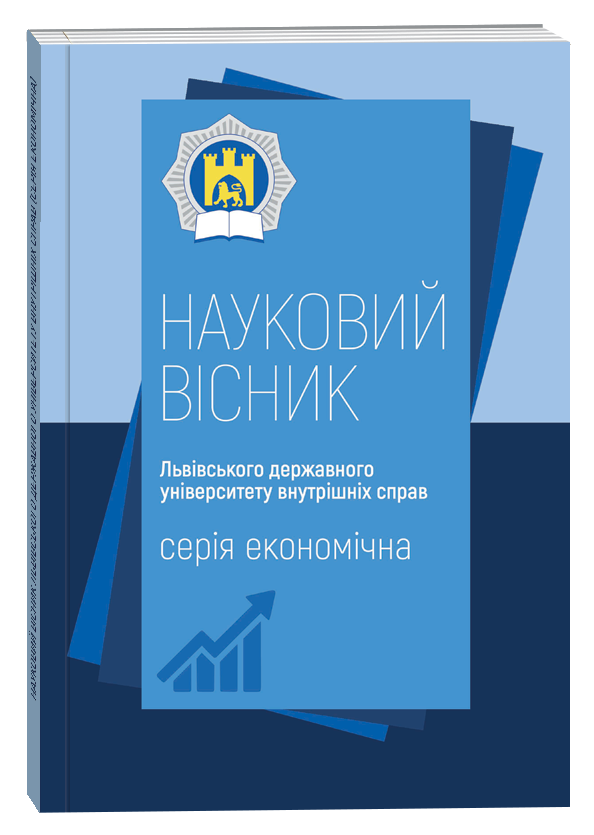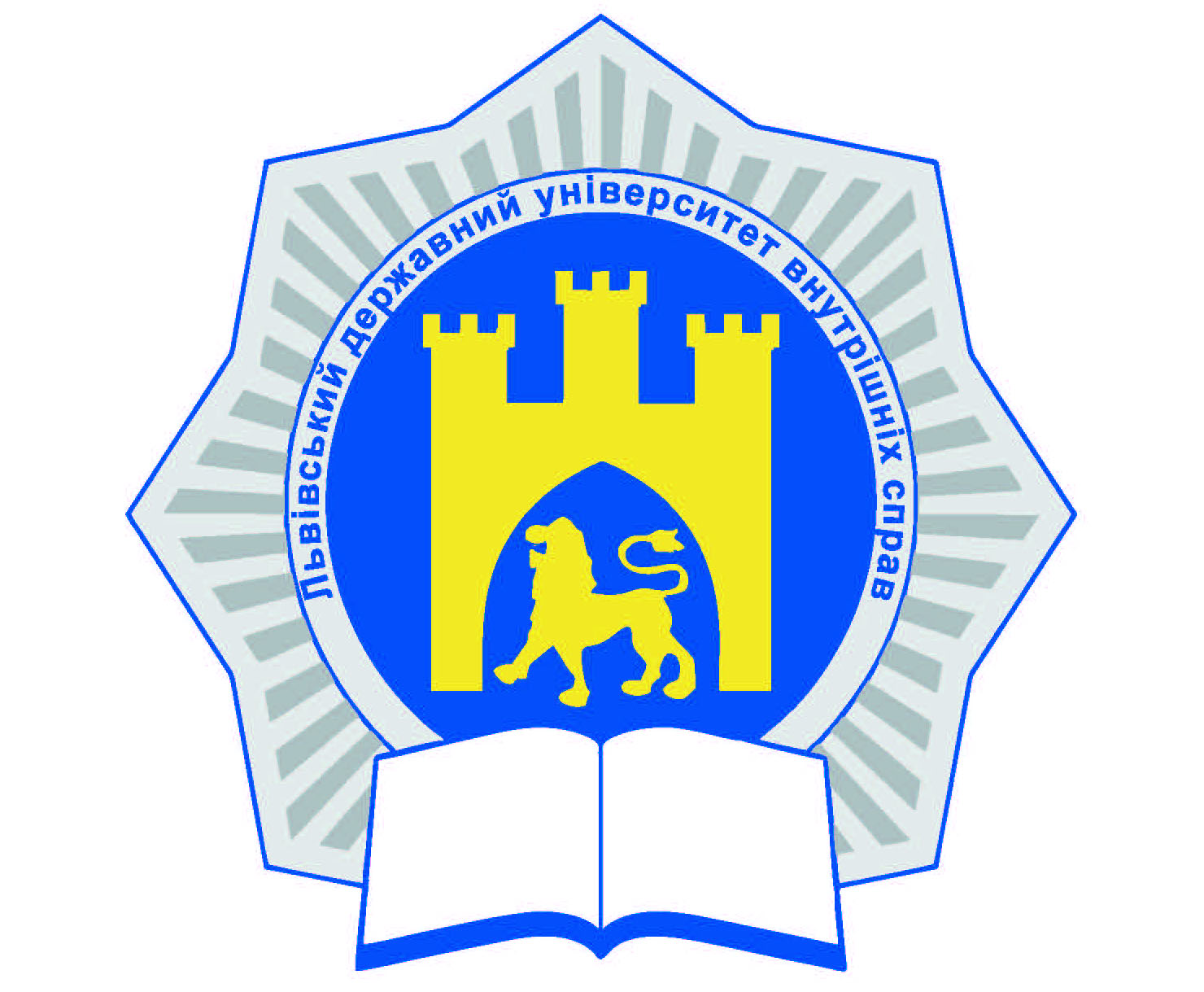FEATURES OF ACCOUNTING OF COMMODITY OPERATIONS AND OPTIMIZATION OF INTERNAL CONTROL OF ENTERPRISES OF TRADE
Keywords:
trade enterprise, accounting, commodity operations, internal controlAbstract
The development of economic processes makes it necessary to review the approaches to the accounting system of the management of trade enterprises in order to increase the efficiency of data use for solving modern problems. In order to ensure not only survival, but also the effective functioning of the competitive environment, trade enterprises need to improve the system of internal control. The problem of choosing promising directions for the development of internal control in the information system of enterprises of trade constantly appears at certain stages of effective management of their activities. The problems that arise before the owners and managers of the trading enterprises update the need for the introduction of control to achieve dynamic competitive advantages. For the successful development of control it is necessary to understand the qualitative changes in the field of management of a trading company taking into account the organization, the scientific-theoretical and methodological base of qualitative transformations. The basis of such changes should be a comprehensive, systematic approach based on a unified information and methodological support for internal control. In market conditions one of the most important directions of the efficiency of the operation of the enterprise becomes the task of significant improvement of the management of commodity operations. At the same time, the basis of the information management of the control system becomes the accounting and internal control of commodity operations. Internal control is an integral part of accounting information for management needs. The system of internal control serves as a set of measures and actions aimed at identifying and eliminating operational, financial and other risks, which leads to a deterioration of the financial position or its reputation and can lead to a decrease in key indicators and the value of the enterprise as a whole. The concept of the organization of internal control should be implemented at each enterprise as a tool for preventing errors and minimizing risks. The organization of internal control should be characterized as a system of interconnected methods, techniques and methods that cover the complex of control procedures – from the formation of an information base, conducting control actions and completing the generalization of the results of control.
References
Положення (стандарт) бухгалтерського обліку 15 «Дохід», затверджене наказом Міністерства фінансів України від 29.11.1999 р. № 290.
Апопій В. В., Міщук І. П., Ребицький В. М., Рудницький С. І., Хом’як Ю. Організація торгівлі: підручник / за ред. В. В. Апопія. 3-тє вид. К.: Центр учбової літератури, 2009. 632 с.
Гуцаленко Л. В. Внутрішньогосподарський контроль: навчальний посібник. К.: Центр учбової літератури, 2014. 496 с.
Медвідь Л. Г., Харинович-Яворська Д. О. Організаційно-методичні аспекти внутрішнього контролю діяльності торговельних підприємств у конкурентному середовищі. Електронне наукове фахове видання «Ефективна економіка» / Дніпропетровський державний аграрно-економічний університет. 2014. № 11. С. 348–367.
Медвідь Л. Г., Харинович-Яворська Д. О. Удосконалення внутріш-нього контролю як складової управління торговельним підприємством. Науко-вий вісник НЛТУ України. 2015. Вип. 25.1. С. 307–313.
Петренко С. М., Сіменко І. В. Контрольно-аналітичний механізм в управлінні бізнесом підприємства: монографія. Донецьк: ДонНУЕТ, 2011. 232 с.





